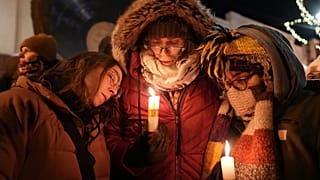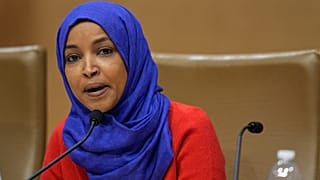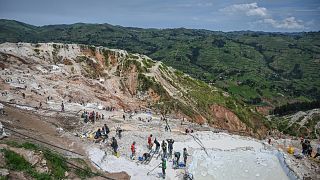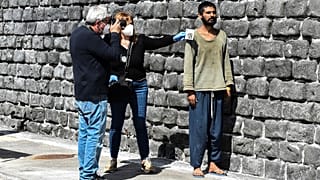USA
The United Nations says peacekeeping is having to adapt faster amid rising political tensions, disinformation, and confusion over mandates.
Speaking to ambassadors in the Security Council, its head of peace operations added that ceasefires are growing more fragile and conflicts increasingly unpredictable.
“Today’s operating environment is increasingly dynamic and often characterised by hybrid threats that blur the boundaries among domains,” said Jean-Pierre Lacroix, the UN’s Under-Secretary-General for Peace Operations.
“In this context, ceasefire monitoring can no longer be just about being present. It is about rapidly understanding and acting on what is happening on the ground.”
Lacroix said advances in technology help the “blue helmets” increase their impact by allowing them to monitor vast and complex landscapes in near-real time.
This, he said, overcomes the need to be physically on the ground.
He added that a political process backed by the unified support of Member States, particularly the Security Council, remains vital to secure and sustain peace.
Another challenge is the rise of misinformation and disinformation, which undermines the credibility of UN peacekeepers and fuels local distrust.
But he said that ultimately, the success of any ceasefire remains the sole responsibility of the parties to the agreement.











01:19
United Nations renews political mission in Haiti for another year
01:42
United Nations and IOC calls for pause in wars during Winter Olympics
Go to video
DRC: Kinshasa and UN launch humanitarian response plan
01:41
Mozambique expects death toll to rise as search for flood survivors continues
01:25
Cuba's Santeria priests ask for peace as Cuba-US tensions rise further
01:38
Donald Trump's 'Board of Peace' launched amid fears it will rival UN